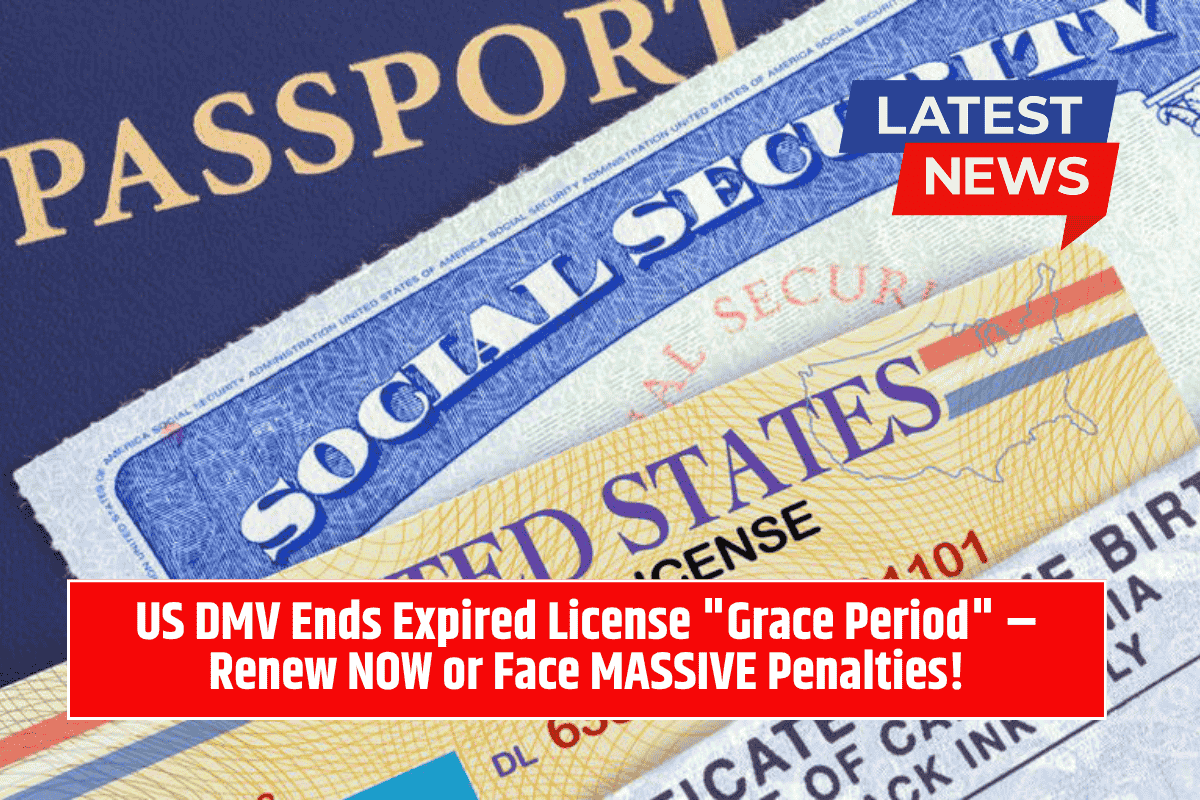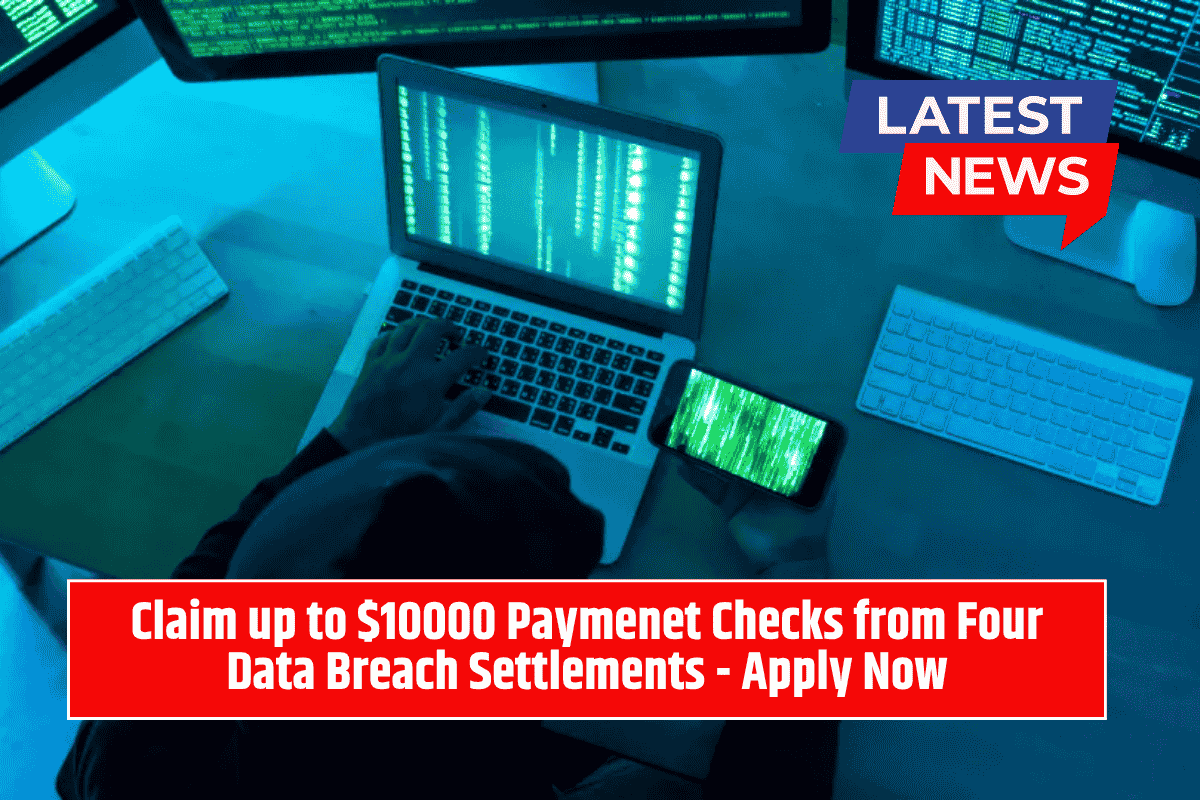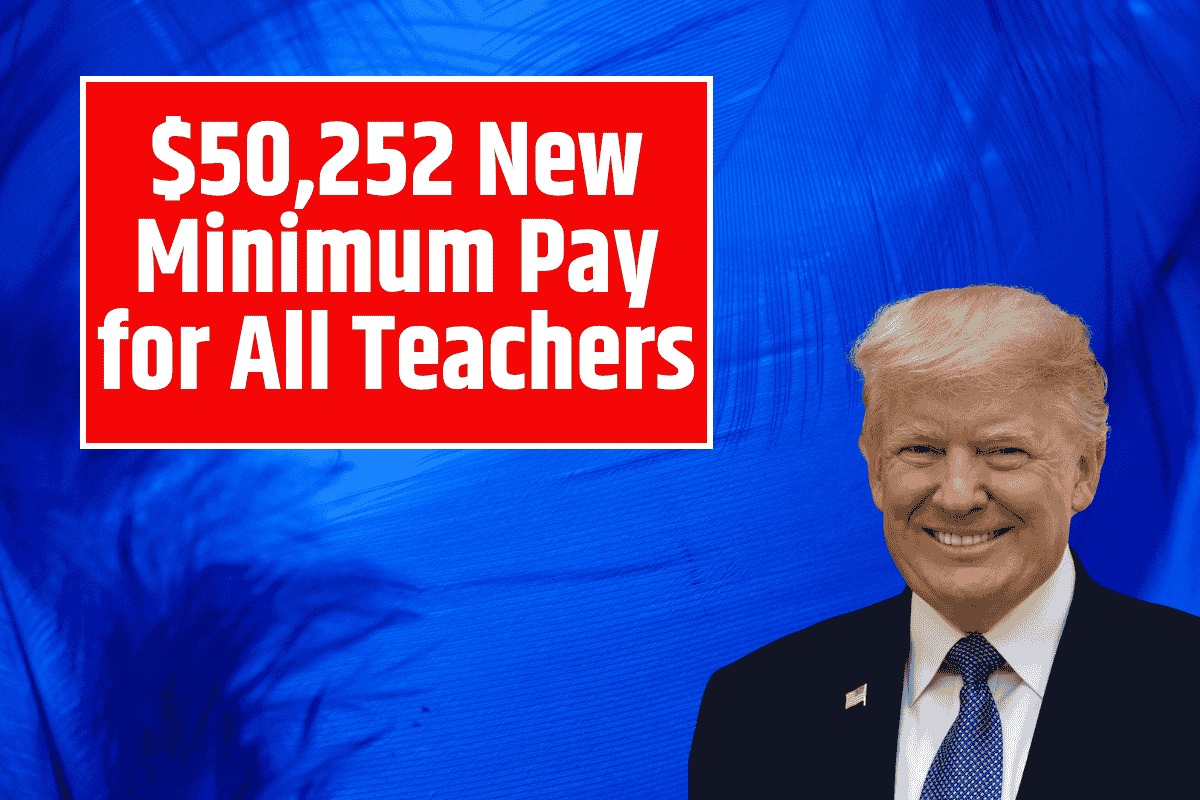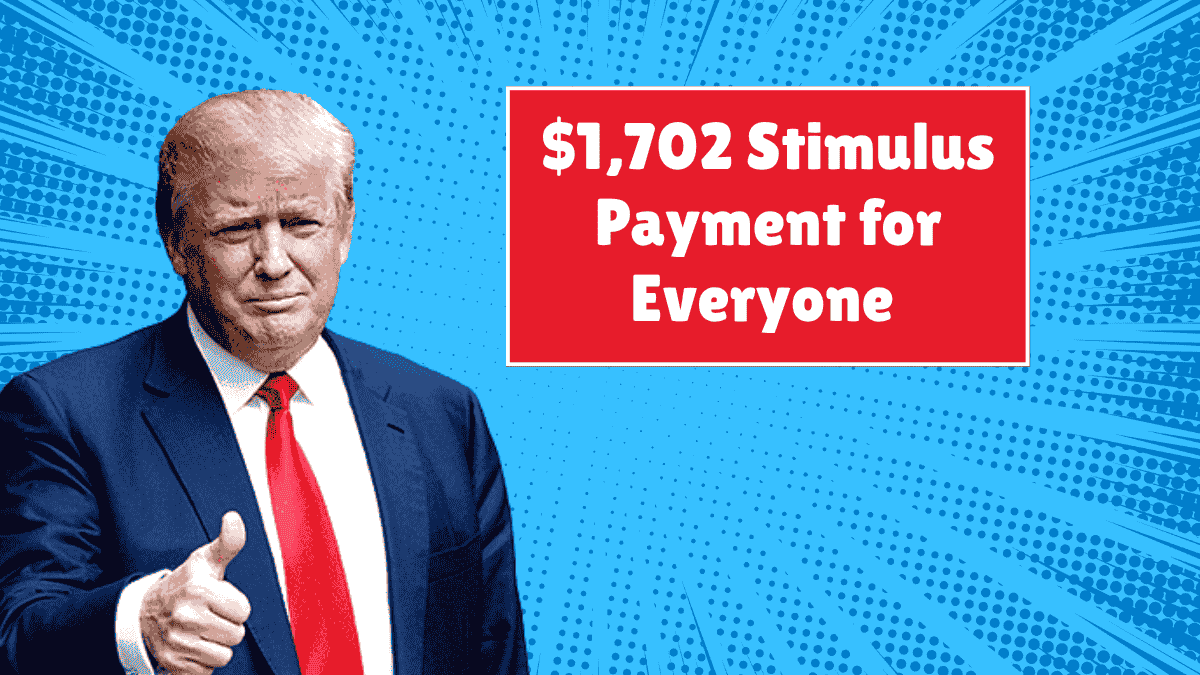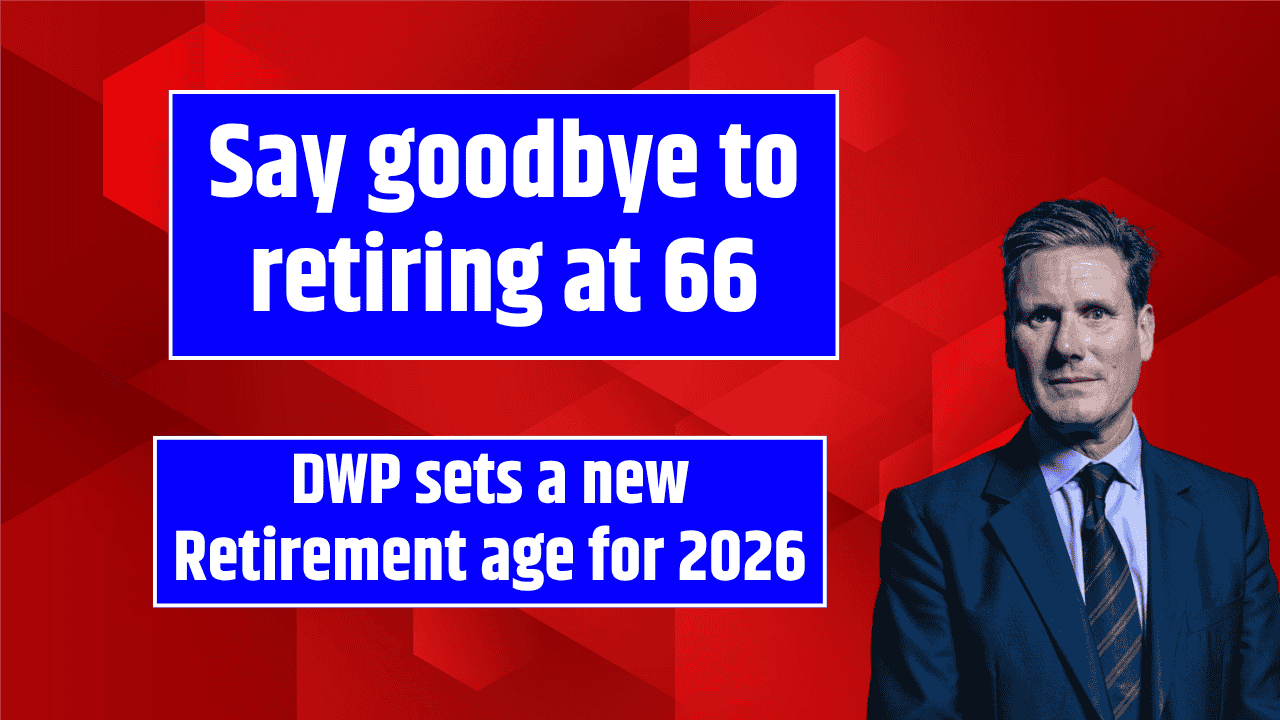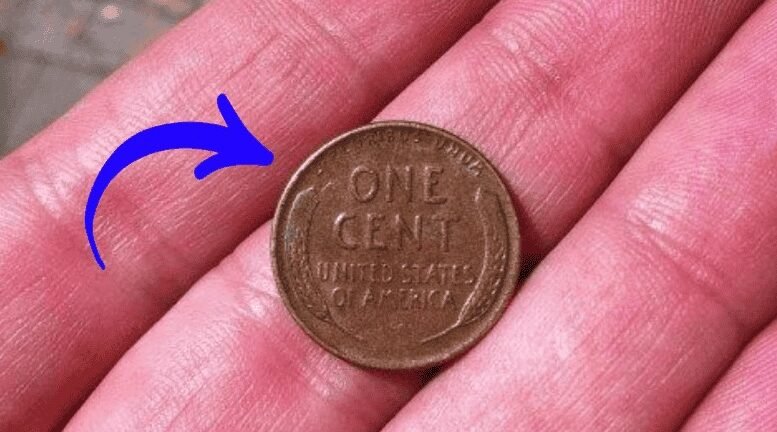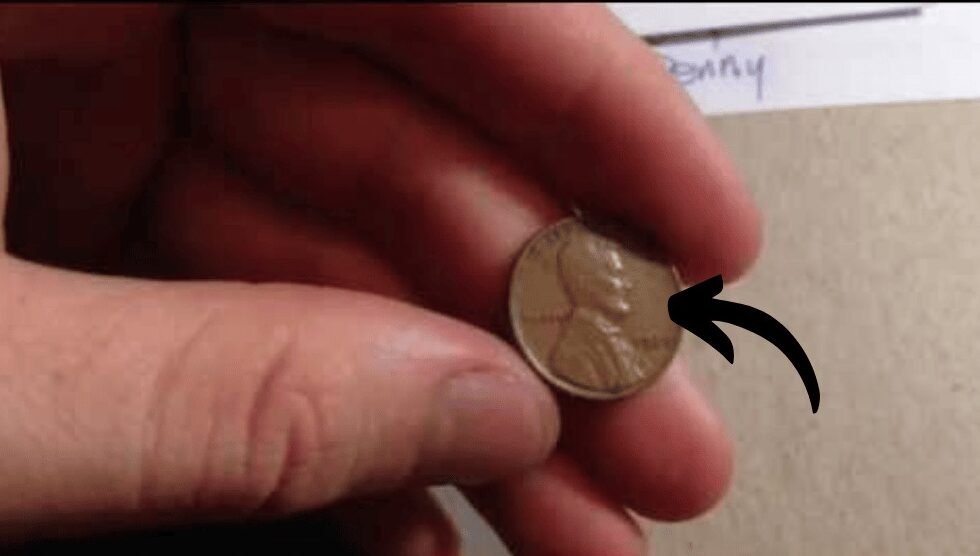The pandemic-era grace periods that allowed many Americans to drive with expired licenses have officially ended.
State DMVs, from Alaska to Florida, are now strictly enforcing expiration dates, and driving with an expired license can result in hefty fines, insurance issues, and even jail time.
The Pandemic Loophole
When the COVID-19 lockdowns hit in 2020, many state offices closed, and governors across the U.S. issued executive orders halting late fees and citations for expired driver’s licenses. At the peak, 34 states allowed drivers to continue with expired licenses for anywhere from 60 days to a full year.
Some states, like Texas, even offered blanket waivers for any license that expired after March 13, 2020, which lasted until April 14, 2021.
However, the federal public-health emergency officially ended in 2023, DMVs reopened, and deadlines are now back in full force. With queues at the DMV growing to pre-pandemic sizes, lawmakers feel there is no need to continue the leniency.
What Happens If You Drive with an Expired License?
The consequences of driving with an expired license are no joke. If you’re stopped by an officer, you could face:
- Fines: Ranging from $50 in Maine to up to $500 in Georgia, with the possibility of jail time.
- Insurance Issues: If you’re involved in a crash, your insurance provider may deny your claim if you were driving with an expired license.
House Bill 821: A Temporary Solution for North Carolina
In an effort to address the long lines and appointment backlogs at the DMV, North Carolina proposed House Bill 821, which would allow Class C licenses to remain valid for two extra years after the printed expiration date—but only within state lines and only until December 31, 2027.
The bill passed the House Rules Committee in May but still needs full House and Senate approval, as well as the governor’s signature. However, no other states have proposed similar measures.
Pandemic Backlog: The Numbers Behind the Delays
Before the pandemic, around 14 million licenses expired each year. In 2021, COVID-19 led to 22 million pending renewals. By spring 2025, the backlog had been reduced to less than 3 million, thanks to extended DMV hours and online renewal options.
California DMV spokeswoman Anita Gore states that 20% more renewals are being processed online than before the pandemic. North Carolina’s DMV has extended weekday hours and even opened 20 branches on Saturdays, but appointment slots are still filling up fast.
Why You Should Renew Your License Now
If you’re driving on an expired license, it’s essential to renew as soon as possible. Here’s why:
- Reinstatement Fees: Many states charge reinstatement fees if your license has been expired for over six months.
- Insurance Cancellation: Your insurance company may cancel your coverage if you’re caught driving with an expired license.
- TSA Issues: Without a Real ID-compliant card, you may not be able to fly, as TSA requires it for airport security.
Tips for Renewing Your License
Here’s how you can renew your license without waiting in long lines:
- Check Your Expiration Date: Most driver’s licenses expire on the holder’s birthday, so make sure to check ahead of time.
- Renew Online: Forty-two states allow eligible drivers to renew their license online. Many even waive the photo requirement for one cycle.
- Prepare Your Documents: If you’re getting a Real ID, gather your Social Security number, proof of address, and either a birth certificate or passport.
- Book Your Appointment Early: DMV appointments are in high demand, especially in urban areas. Rural DMVs might offer same-day appointments.
- Military, Seniors, and Out-of-State Drivers: Most DMVs will mail a temporary permit if you request it early enough.
The Future of License Renewals
While North Carolina’s HB 821 could pass, many experts agree that it is a temporary solution, not a long-term fix. Instead, DMVs are investing in digital licenses and automated kiosks to modernize the system.
Grace periods are unlikely to return, and states are focused on streamlining the process for renewals. If you haven’t renewed your license yet, don’t wait—take action now to avoid penalties and complications down the road.
FAQs
What is the process to dispute student loan errors on my credit report?
To dispute student loan errors, you need to obtain your credit reports, review them for inaccuracies, and file a dispute with the credit bureaus. You can submit supporting documents like payment confirmations and loan statements. The credit bureaus are required to investigate your dispute within 30 days.
What documents do I need when disputing student loan errors?
When disputing student loan errors, you should provide documentation like payment confirmations, account statements, correspondence with your loan servicer, and screenshots from the National Student Loan Data System (NSLDS) for federal loans.
How long does it take to resolve a student loan dispute?
It typically takes 30 days for credit bureaus to investigate your dispute. If the dispute is successful, the credit bureau will update your credit report accordingly. You’ll be notified of the results and any changes made to your report.
Can a student loan error come from my loan servicer?
Yes, errors can originate from your loan servicer, such as incorrect reporting of payment history or loan status. If this happens, contact your servicer directly with a written complaint and evidence to resolve the issue.
What should I do if my dispute is denied?
If your dispute is denied, you can add a consumer statement to your credit report explaining your side. You can also refile the dispute with additional evidence or escalate the issue through federal agencies like the Federal Student Aid Ombudsman Group.
